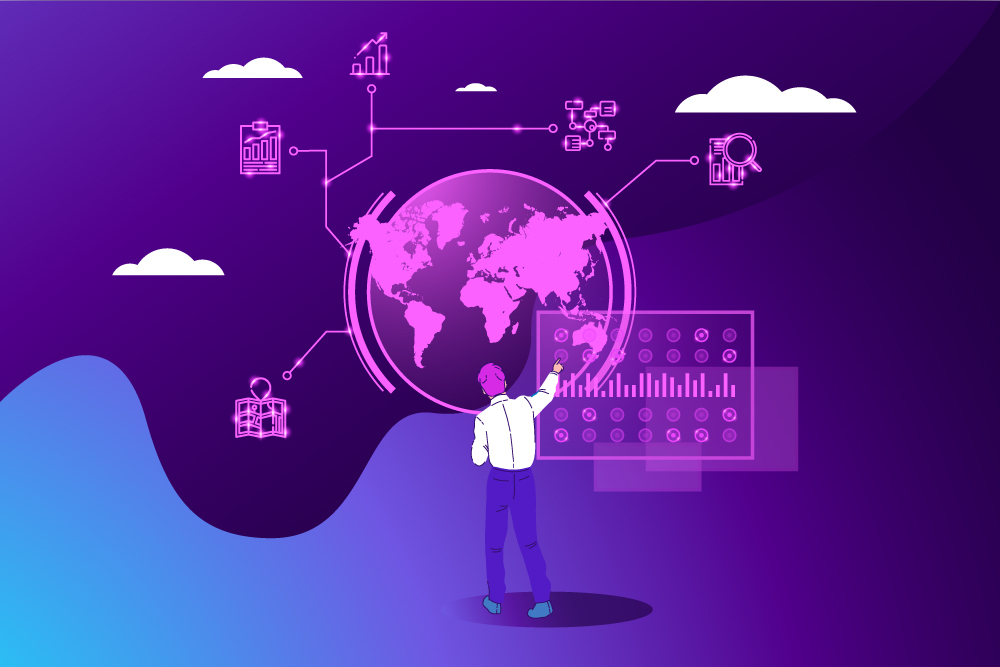
The Role of Technology in Modernizing Internal Audit Practices
Internal audit is an essential function of any organization. It ensures that an organization’s operations align with its objectives and processes, identifies risks and opportunities, and provides recommendations for improvement. In recent years, technology has played an increasingly important role in modernizing internal audit practices. In this blog post, we will discuss the role of technology in modernizing internal audit practices.
- Data Analytics: Data analytics is one of the most significant areas where technology is transforming internal audit practices. By using data analytics tools, internal auditors can analyze large volumes of data quickly and identify patterns, anomalies, and potential risks. This can lead to better insights and recommendations, and a more efficient and effective audit process.
- Automation: Technology has enabled internal auditors to automate several tasks that were previously done manually. This includes tasks such as data collection, testing, and reporting. Automation allows internal auditors to focus on more critical tasks and saves time and resources, improving overall efficiency.
- Continuous Auditing: Continuous auditing is an emerging trend in internal audit practices, and technology plays a critical role in making it possible. Continuous auditing involves the use of technology to monitor key processes and systems in real time, providing ongoing insights into risks and opportunities. This allows internal auditors to identify and address issues proactively, leading to better risk management and compliance.
- Cloud-Based Platforms: Cloud-based platforms provide internal auditors with access to data and tools from anywhere, enabling them to work remotely and collaborate with stakeholders more effectively. Cloud-based platforms also provide scalability and flexibility, allowing internal auditors to adapt to changing business needs quickly.
- Artificial Intelligence (AI): Artificial Intelligence (AI) has the potential to revolutionize internal audit practices. AI can be used to automate several tasks, such as data analysis and reporting. AI can also be used to identify patterns and anomalies in data, leading to better insights and recommendations.
- Mobile Technology: Mobile technology has made it possible for internal auditors to access critical information and tools from their mobile devices, improving overall efficiency and flexibility. Mobile technology also enables internal auditors to work remotely, increasing their availability and responsiveness.
In conclusion, technology is transforming internal audit practices in several ways, from data analytics and automation to continuous auditing and cloud-based platforms. The use of technology in internal audit practices is enabling internal auditors to work more efficiently, providing better insights, and improving risk management and compliance. As technology continues to evolve, internal audit practices are likely to become even more effective and efficient, helping organizations achieve their objectives and improve their operations.
